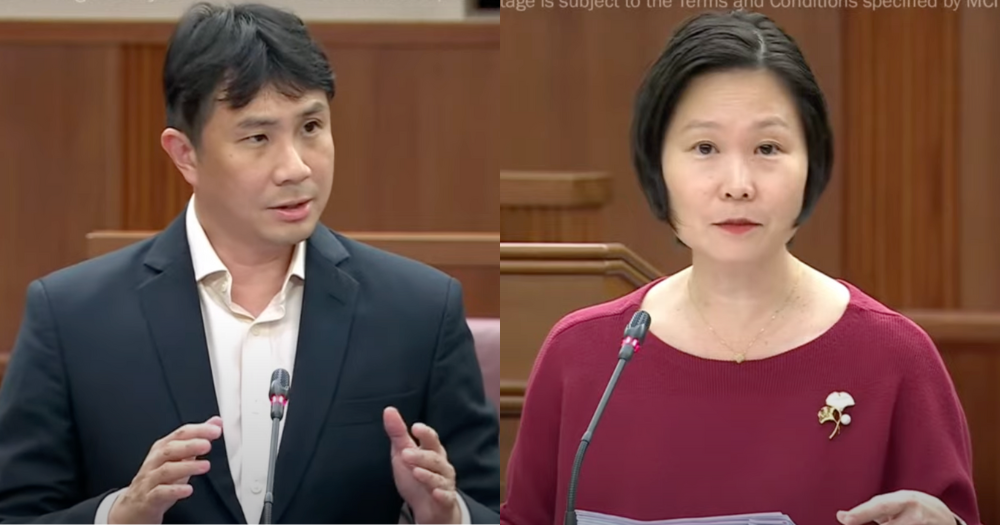During the Committee of Supply debate for the Ministry of Manpower on Mar. 4, 2024, Sengkang GRC Member of Parliament Jamus Lim asked: "Why childcare leave is a legal entitlement but ‘eldercare' leave is not?"
His question comes amidst the ministry's apparent push for inclusive workspaces.
He added that he's not "speaking against" childcare leave, but was curious why the ministry is "implicitly sending some signal" that childcare is "privileged", relative to elderly care.
During her speech, Minister of State for Manpower Gan Siow Huang said that as more workers will be caregivers in the future, given Singapore's ageing population, the ministry has been working with tripartite partners to promote Flexible Work Arrangements (FWAs) over the past decade.
Lim said that while he agrees that Work From Home (WFH) arrangements are important complements to Family Care Leave, it should not be a "substitute" for more actual paid leave as FWAs do not "quite offer the same freedom".
More people preferred FWA
In response, Gan clarified that the government recognises that caregiving of parents is an important responsibility.
She said: "We are committed to providing caregivers with necessary support so that they can fulfill both at work and caregiving responsibilities."
She highlighted that even without any legislated mandatory requirements for caregiving-related leave, many "progressive employers" have already provided their employees with such leave as part of their human resource strategy to attract talent.
Gan said about 59 per cent of employers voluntarily provided additional paid caregiving leave, such as Family Care Leave, and more than 4,000 employers have also adopted the tripartite standard on unpaid leave for "unexpected care needs".
Gan also pointed out that a recent survey by National Trades Union Congress (NTUC) that 85 per cent of working care givers indicated that FWAs are their most preferred mode of support — compared to paid caregiving leave, which was favoured by 64 per cent of caregivers.
Gan said: "I think this is likely because FWAs are sustainable and provide flexibility in meeting diverse caregiving needs."
She added, for example, if someone needs to assist a family member with daily activities such as medication and meals, FWAs will be more useful than leave.
Gan also said the government also strengthened other areas of support for caregivers of seniors with a range of care services, such as home and daycare
"There are also various respite care options in senior care centres and nursing homes to help caregivers look after their seniors for short periods of time, including over the weekends," she said.
Top image via MCI
If you like what you read, follow us on Facebook, Instagram, Twitter and Telegram to get the latest updates.



